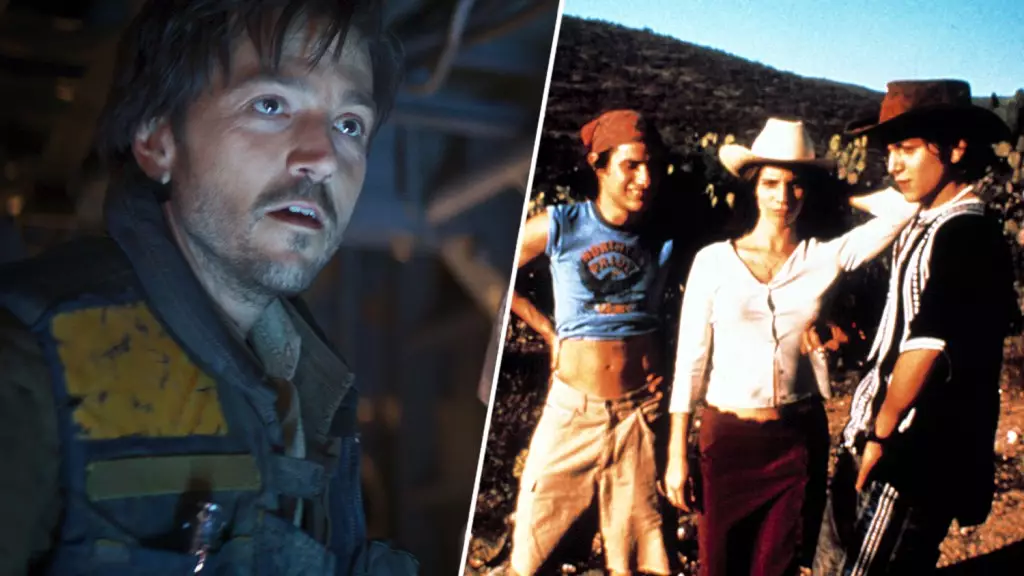The Star Wars universe, revered by generations, has long been anchored in its own mythology—a tapestry of tales crafted from the idealistic dreams of heroism and good versus evil. However, a budding revolution now takes root within that beloved universe, courtesy of diverse voices such as director Gareth Edwards and actor Diego Luna. Their groundbreaking work on *Rogue One: A Star Wars Story* underscores a significant pivot in narrative tone, rebelling against the entrenched traditions of a franchise that often feels stagnant and predictable.
Luna has openly admitted his lifelong adoration for Star Wars, a sentiment shared by countless fans, yet his unfiltered honesty about being drawn to the “dark side” brings forth an arresting sincerity. By yearning to introduce a more “hyperrealistic” style and a focus on character dynamics, Edwards has smuggled the rich, raw essence of human stories into a franchise that could have easily clung to its glossy exterior. After years of repetitive plotlines and trudging formulas, this ambition for authenticity is a breath of fresh air, transforming the epic space fantasy into a stage for intimate explorations.
Vulnerability Meets Adventure
The casting of Luna himself is not just a stroke of luck; it represents an ideological shift towards realism in this out-of-this-world saga. When he reflects on the director’s intentions to cultivate a sense of improvisation and dynamic characterization, it may seem incongruous with what many believe Star Wars stands for—epic battles, mythical forces, and lore that spans eons. But these same elements have become their own archetypes, overshadowing the stories of the people who inhabit this universe.
The logistics of filming *Rogue One* with an approach reminiscent of Alfonso Cuarón’s *Y tu mamá también* allows the audience to engage with characters in a more profound and relatable manner. Luna’s connection to his character, Cassian Andor, is built on real vulnerabilities and motivations rather than typical Hollywood archetypes. In a world filled with stark black-and-white morality, it’s refreshing and powerfully moving to witness a character grappling with ambiguity.
Revolutionizing Representation
The resonance of such a transformation extends beyond the cinematic screen—it serves as a reminder that storytelling can evolve. While traditional narratives in blockbuster franchises often disregard the social complexities of our world, Luna and Edwards are embracing these intricate threads. This infusion of modern storytelling not only honors the franchise’s origins but also aligns it with contemporary social consciousness.
Additionally, this direction has implications for future narratives, offering a template for a franchise weary of its own legacy. An invitation for stronger representation, multifaceted characters, and authentic experiences resonates with the heart of liberal values: recognizing that every story is worthy of being told.
In a culture increasingly characterized by an appetite for genuine connections, the transition towards a more grounded Star Wars experience reflects a much-needed detour from conventional storytelling. As audiences eagerly await Season 2 of *Andor*, they do so not just for another tale of intergalactic adventure, but for a glimpse of humanity within a galaxy teeming with possibilities yet to be explored.


Leave a Reply